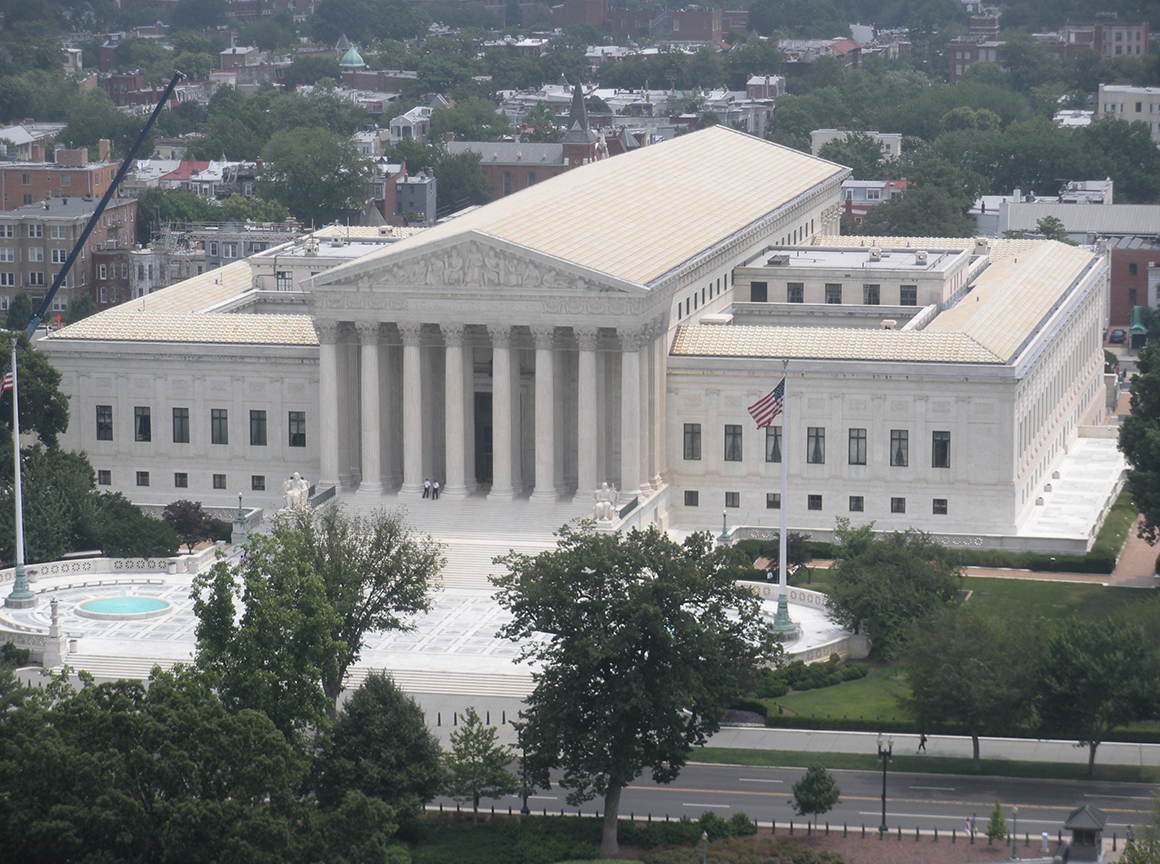Idaho Judge Rules That Government Cannot Use Material Witness Statute to Detain People As Suspects
FOR IMMEDIATE RELEASE
CONTACT: media@aclu.org
NEW YORK - The American Civil Liberties Union announced today that Judge Edward J. Lodge of the U.S. District Court in Idaho has ruled that federal material witness laws cannot be used to preventively detain or investigate suspects. The court made clear that the material witness law may only be used when the individual is genuinely sought as a witness and where there is genuine risk of flight.
“This decision will help protect the rights of future material witnesses who are arrested by the U.S. government,” said ACLU Immigrants’ Rights Project senior staff attorney Lee Gelernt. “There are no charges against these people, and yet after 9/11 many have been treated like they are criminals.”
This week’s ruling came in the case of Abdullah al-Kidd v. Attorney General Alberto Gonzales et al. Mr. al-Kidd is a U.S.-born American citizen who was unlawfully arrested and detained as a material witness in March 2003. For 15 days he was treated as if he were a terrorism suspect rather than a material witness. The material witness statute allows a witness to be arrested only when the government shows that the person has important testimony that cannot be secured the ordinary way, which is by subpoena. The law does not allow an end-run around the constitutional requirements for arresting someone suspected of a crime.
Specifically, Judge Lodge’s decision read: “The purpose of the material witness statute is to secure a material witness when it would be impractical to secure that witness through a subpoena. ‘It would be improper for the government to use the material witness statute for other ends, such as the detention of persons suspected of criminal activity for which probable cause has not yet been established.’”
At the time of his arrest, al-Kidd had already shown that he was not a flight risk and would cooperate as a witness. He had met with the FBI repeatedly and voluntarily and never missed a scheduled meeting. His family members are in the United States. Furthermore, the FBI had not contacted al-Kidd for over six months prior to his arrest and had not told him he was prohibited from travel abroad. Following his release, his freedom was severely curtailed by sharp restrictions on where he could live and travel. Ultimately, the government did not call him as a witness.
“This ruling is a vindication for Abdullah al-Kidd, and a sharp rebuke to the governments misuse of the material witness statute,” said ACLU Immigrants’ Rights Project attorney Robin Goldfaden. “This case could be the launching point for more fully documenting how the government is misusing the material witness statute and curbing that misuse.”
The ACLU lawyers noted that if the case moves forward they would request a full accounting of the shadow use of the material witness statute. In 2005 the ACLU and Human Rights Watch released a report documenting the use of the material witness statute against more than 75 people in the U.S.
The ACLU lawsuit names former Attorney General John Ashcroft, several federal agents and local officials in Virginia, Oklahoma and Idaho. Those claims remain pending in Idaho and Virginia.
The other counsel in the case are Lucas Guttentag, The Law Offices of Cynthia J. Woolley, PLLC, The Roark Law Firm, LLP, Hampton & Elliott, Michael J. Wishnie and the ACLU Foundation of Idaho.
The judge’s ruling is online at: /safefree/detention/26814lgl20060918.html
The complaint is online at: www.aclu.org/safefree/detention/26818lgl20060918.html
The 2005 report on the misuse of the material witness statute is online at:/safefree/detention/17615pub20050627.html


